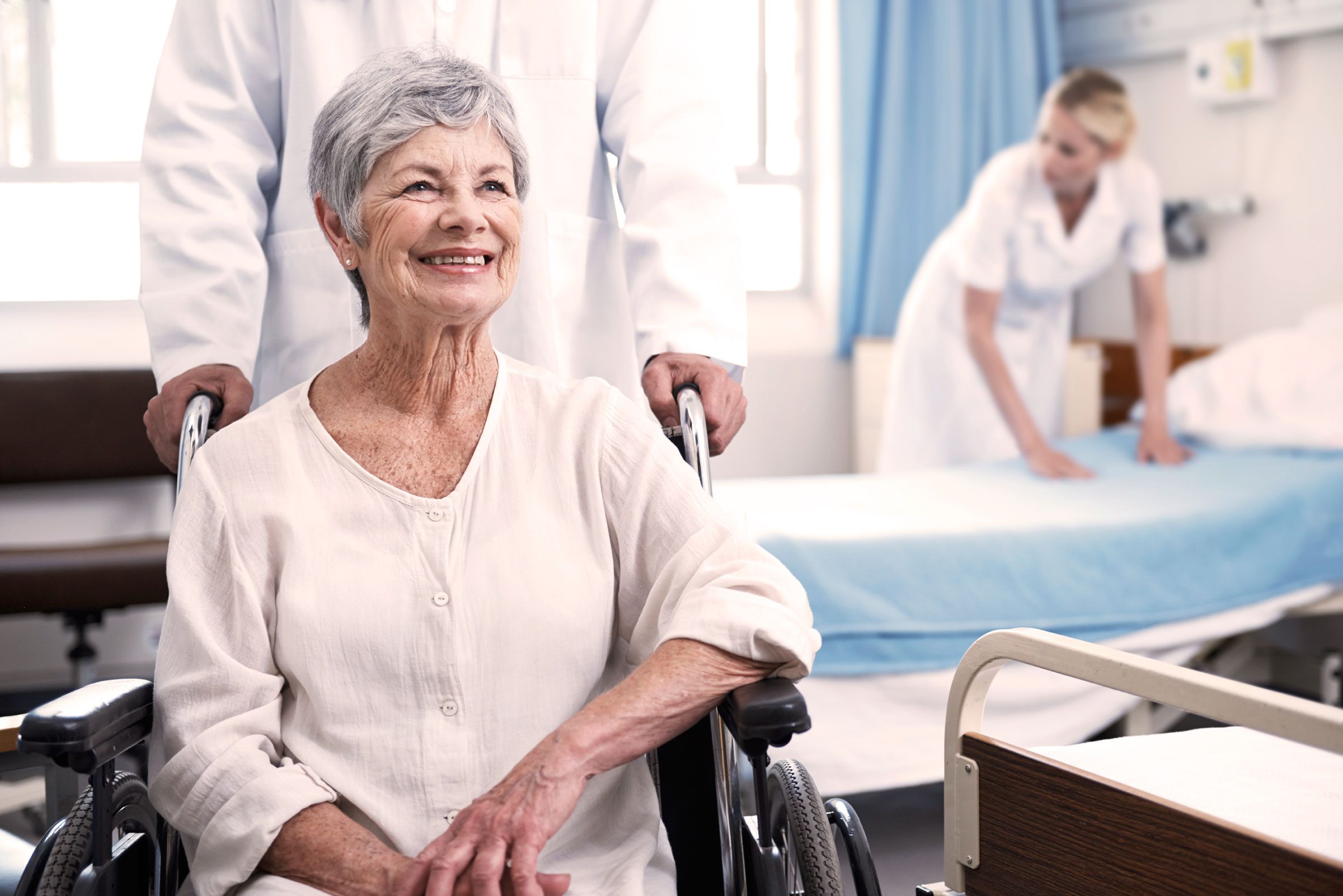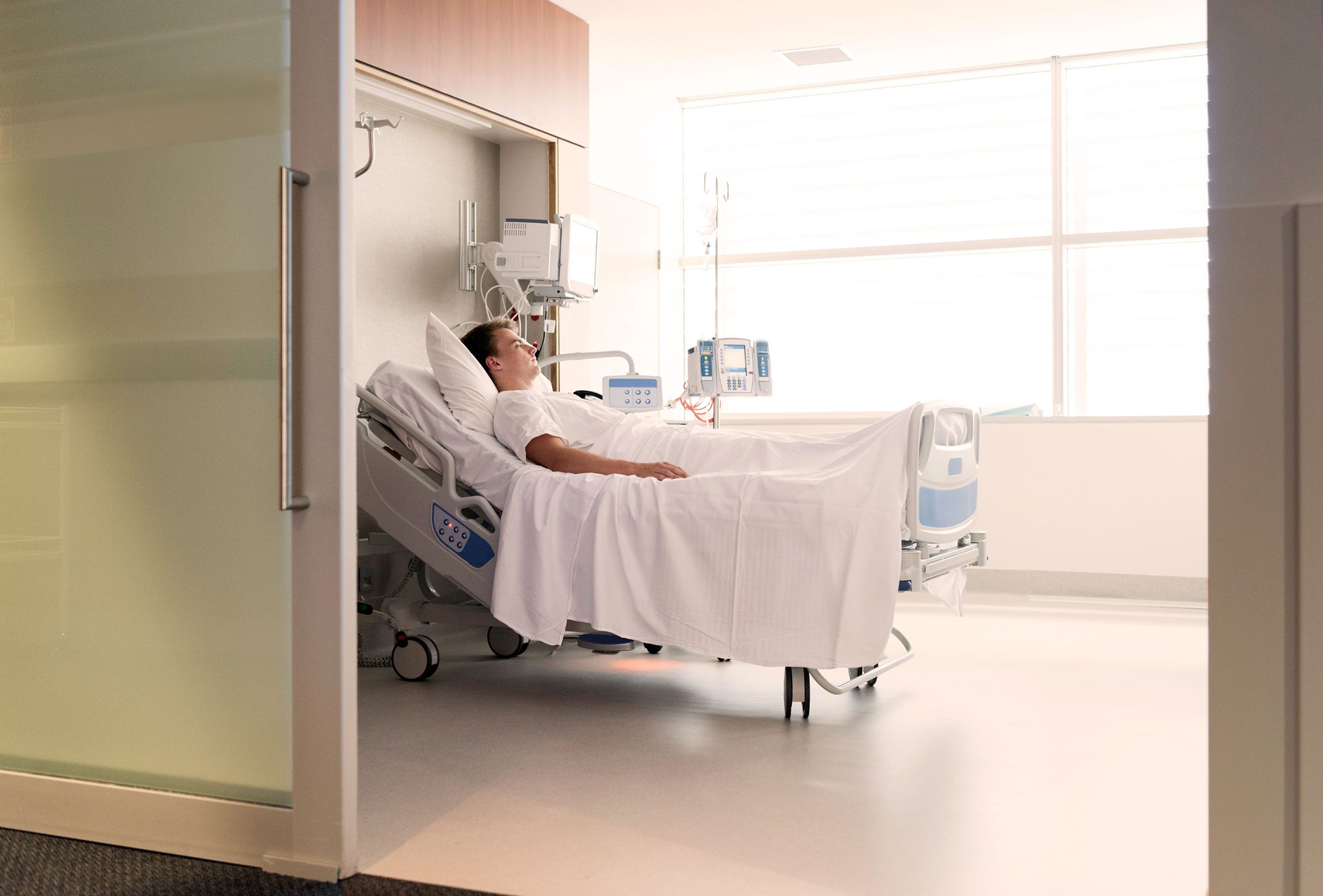
Beforehand, ask your doctor about surgery ‘prehab’
Canadian researchers studied 77 subjects scheduled for colorectal cancer surgery, who were counseled on exercise, nutrition, and relaxation. Half the patients started the program about a month before surgery and continued for eight weeks after; the other half started right after the procedure. Two months after surgery, the “prehab” group performed significantly better in a mobility test than at the study’s start, while the traditional rehab group did worse.

Think your way strong
In a small study published in the Journal of Neurophysiology, about 30 volunteers put their non-dominant arms in casts for four weeks. Half were asked to imagine flexing and resting their immobilized wrists in five-second intervals. All casted volunteers lost strength, but those who performed mental exercises lost 50 percent less strength than those who had not. Practicing mental exercises may help postoperative patients preserve functionality.

If there’s a problem, go back to the same hospital
In a recent Lancet study, researchers analyzed claims of more than nine million patients who underwent a surgery such as coronary artery bypass. Those who returned to their original hospital were 26 percent less likely to die within three months than those admitted to a different one. Doctors who performed the surgery have a better understanding of the patient, which researchers believe improves survival.

Seek out sunlight
Letting more sunlight into hospital rooms may help patients feel better, revealed recent Cleveland Clinic research. Authors found that low light exposure led to more reports of fatigue and pain. The lack of fluctuation between bright light during the day and low light at night may interfere with sleep-wake patterns. Ask if you can keep the shades open during the day. In a room with no windows? Spend some time in a solarium or other sun-filled area if possible.

Relax without drugs
Conversation may comfort patients before surgery more than medication. French researchers assigned 50 hand-surgery patients to receive a standard relaxation drug and 50 from having conversational hypnosis with no meds (both groups had regional anesthesia). Conversational hypnosis is positive chatter (such as “Keep calm and quiet” rather than “Please don’t move) and diverts attention to other topics. Those who received hypnosis were much more relaxed, as measured by heart-rate variability.